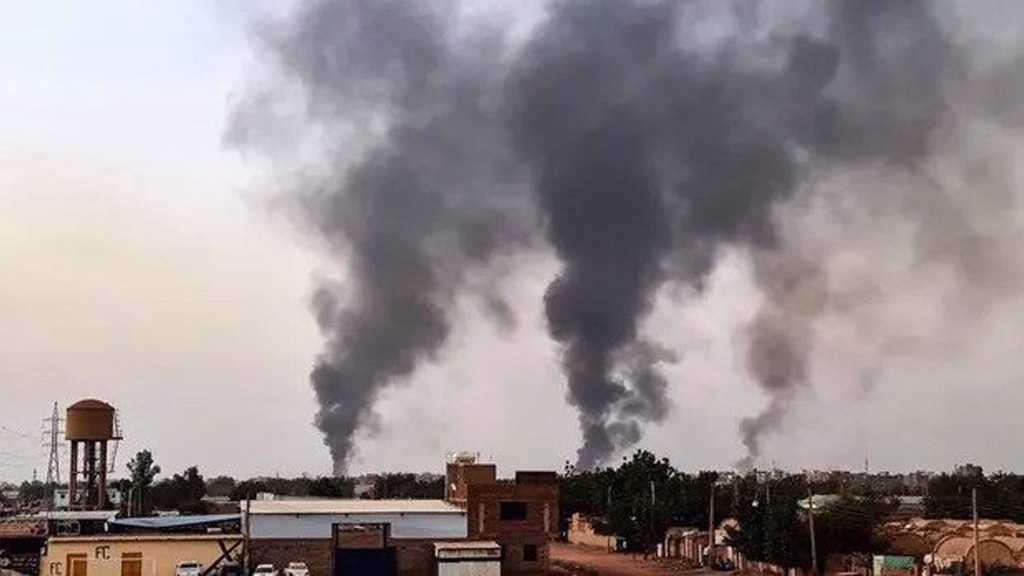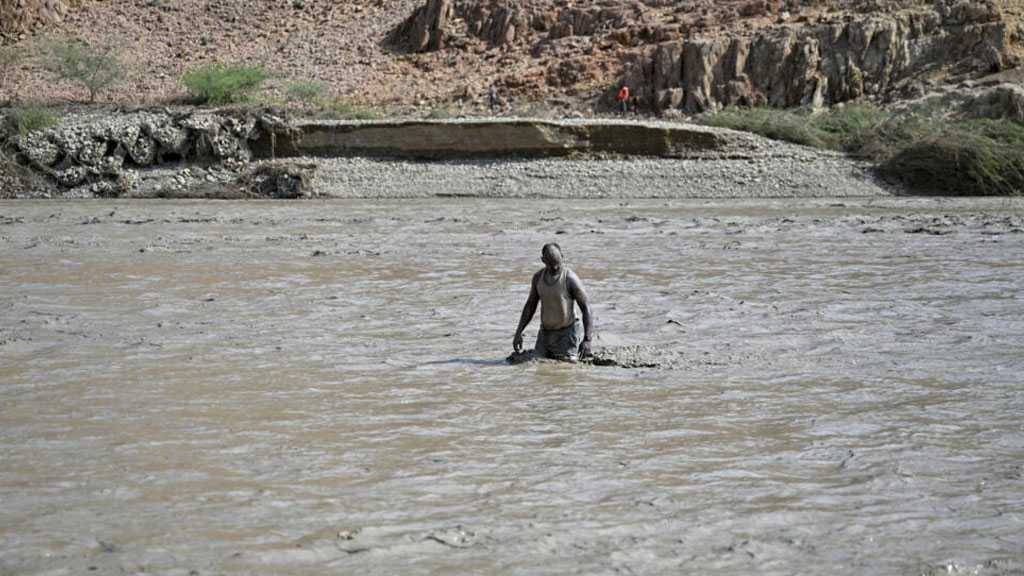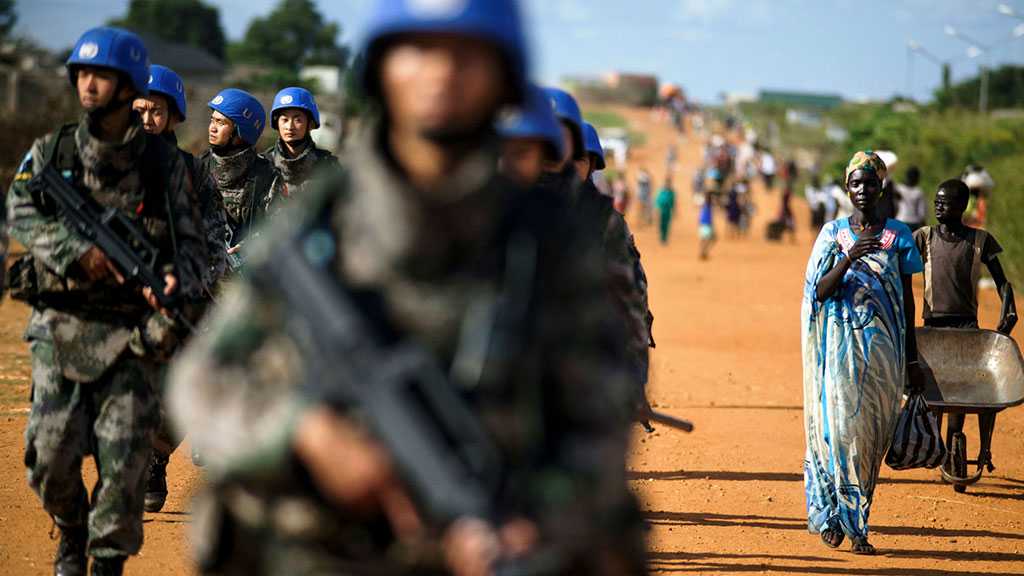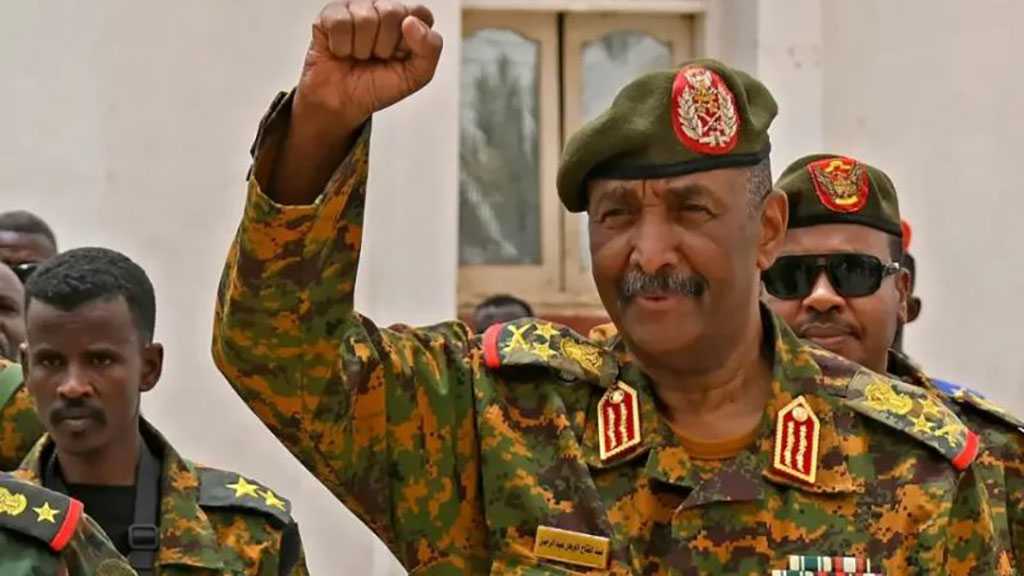Sudan Army Calls on Reservists, Ex-Soldiers to Re-Enlist as Fighting Continues

By Staff, Agencies
Sudan's military has called on reservists and retired officers to re-enlist amid persisting clashes with a rival militia despite a standing ceasefire, further demanding from the United Nations to replace its envoy in the North African nation.
The call for ex-soldiers to report to their nearest military barracks was intended to boost the power of the army in the battle against the Rapid Support Force [RSF] militia and is expected to further intensify clashed between the warring military factions.
This is while an army spokesman claimed the recruitment call would be voluntary, although Sudan's existing military law states that retired soldiers remain as reservists and thus eligible for mandatory re-enlistment. This, however, does not include those who have completed two years of compulsory Sudanese military service.
Sporadic fighting has continued throughout the week, although ceasefire monitors from Saudi Arabia and the United States claimed earlier Friday that adherence to the truce was improving despite indications that Sudan's military is preparing for a protracted conflict.
Press reports cited sources within Sudan's presidential office as saying that Army Chief Abdel Fatteh al-Burhan demanded in a Friday letter to UN Secretary-General Antonio Guterres for the replacement of his envoy to the country, Volker Perthes.
Perthes, appointed in 2021, has reportedly pushed for a political transition to civilian rule that some in the Sudanese military had opposed.
"The Secretary-General is shocked by the letter," UN spokesman Stephane Dujarric unveiled, saying: "The Secretary-General is proud of the work done by Volker Perthes and reaffirms his full confidence in his Special Representative."
Sources within the Sudanese military also claimed that the army had intercepted weapons smuggled into one of the country's Red Sea province by a foreign country, without elaborating on details.
The army and the RSF began a seven-day ceasefire on Monday to allow access to aid and services after fighting in mid-April left hundreds dead and triggered a refugee crisis.
Despite the reduction in fighting, there were still reports throughout the week of skirmishes, artillery fire and airstrikes.
Residents of Khartoum who remain in the city suffer from the failure of electricity, water, sanitation and communication services.
The fighting has further worsened a humanitarian crisis, forced more than 1.3 million people to flee and threatened to destabilize a fragile region. The International Organization for Migration says roughly 319,000 people have fled to neighboring countries.
World Food Program Executive-Director Cindy McCain said people were fleeing Khartoum and heading west towards Darfur.
UN humanitarian agency OCHA has said agencies were ready to deliver aid to more than four million people, but security issues were hampering distribution. Out of the 168 trucks ready to deliver assistance, only a small number were on the move from Port Sudan to Gadaref, Kassala and Al Gezira, an aid official said.
The International Committee of the Red Cross [ICRC] said the anesthesia, antibiotics and other medical supplies it had donated were now being distributed to seven hospitals in Khartoum.
“Only 20% of health facilities in Khartoum are still functioning, a true collapse of the system right when it’s needed the most,” ICRC's Sudan Chief Alfonso Verdu Perez declared in a statement. “Hospitals also urgently need water, electricity and a safe environment for their patients and staff. We appeal to the parties to respect the work of medical personnel. Lives depend on it.”
According to press reports, many residents are struggling to survive as they face prolonged water and power cuts, a collapse of health services and widespread lawlessness and looting.
The conflict erupted in mid-April as plans for a political transition under a civilian government were set to be finalized.
In 2021, Burhan and Dagalo jointly staged a coup that derailed a fragile transition to civilian rule put in place after the 2019 overthrow of then President Omar al-Bashir. The two later fell out over a number of issues, including the integration of the RSF into the regular army.




